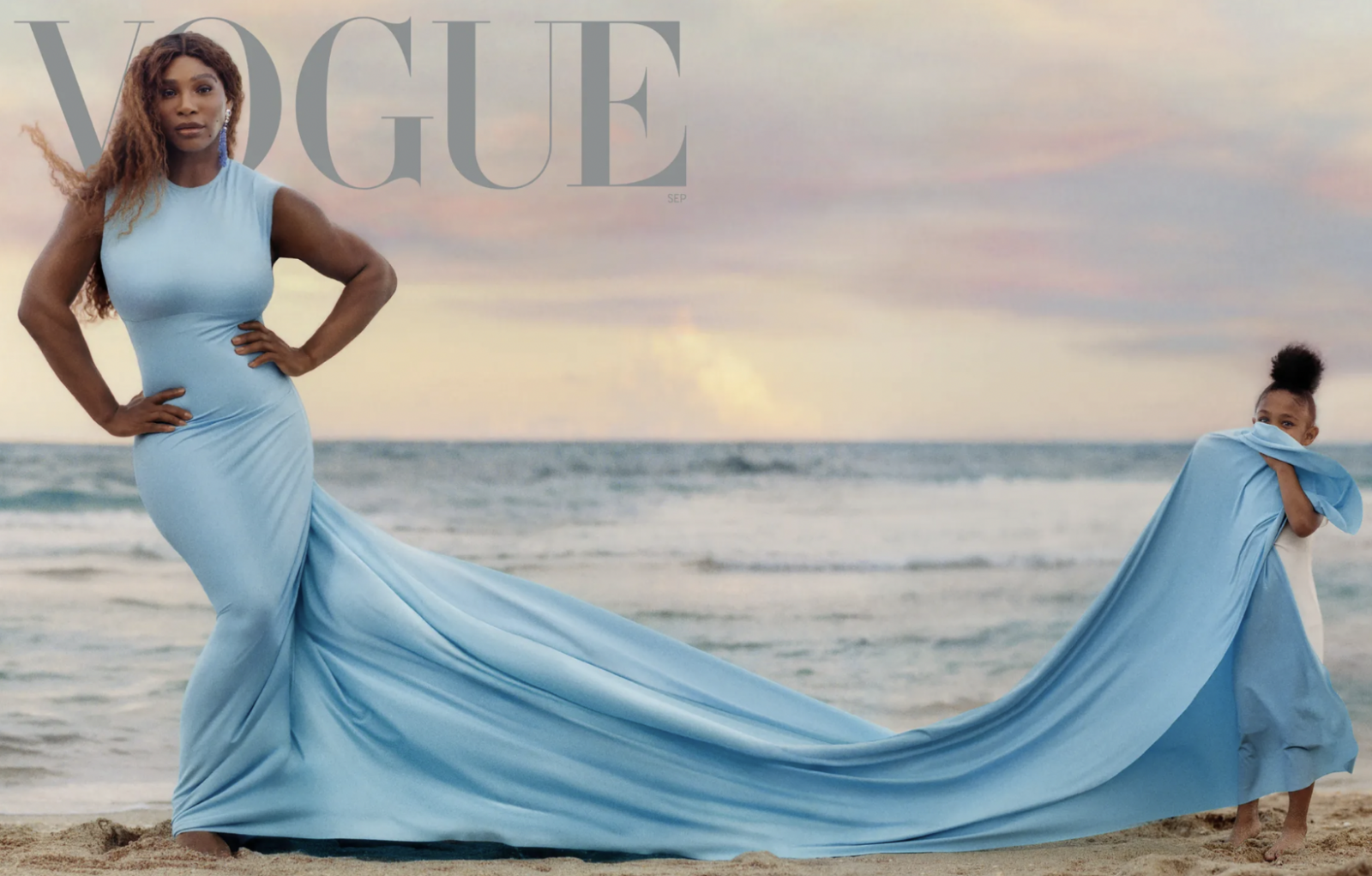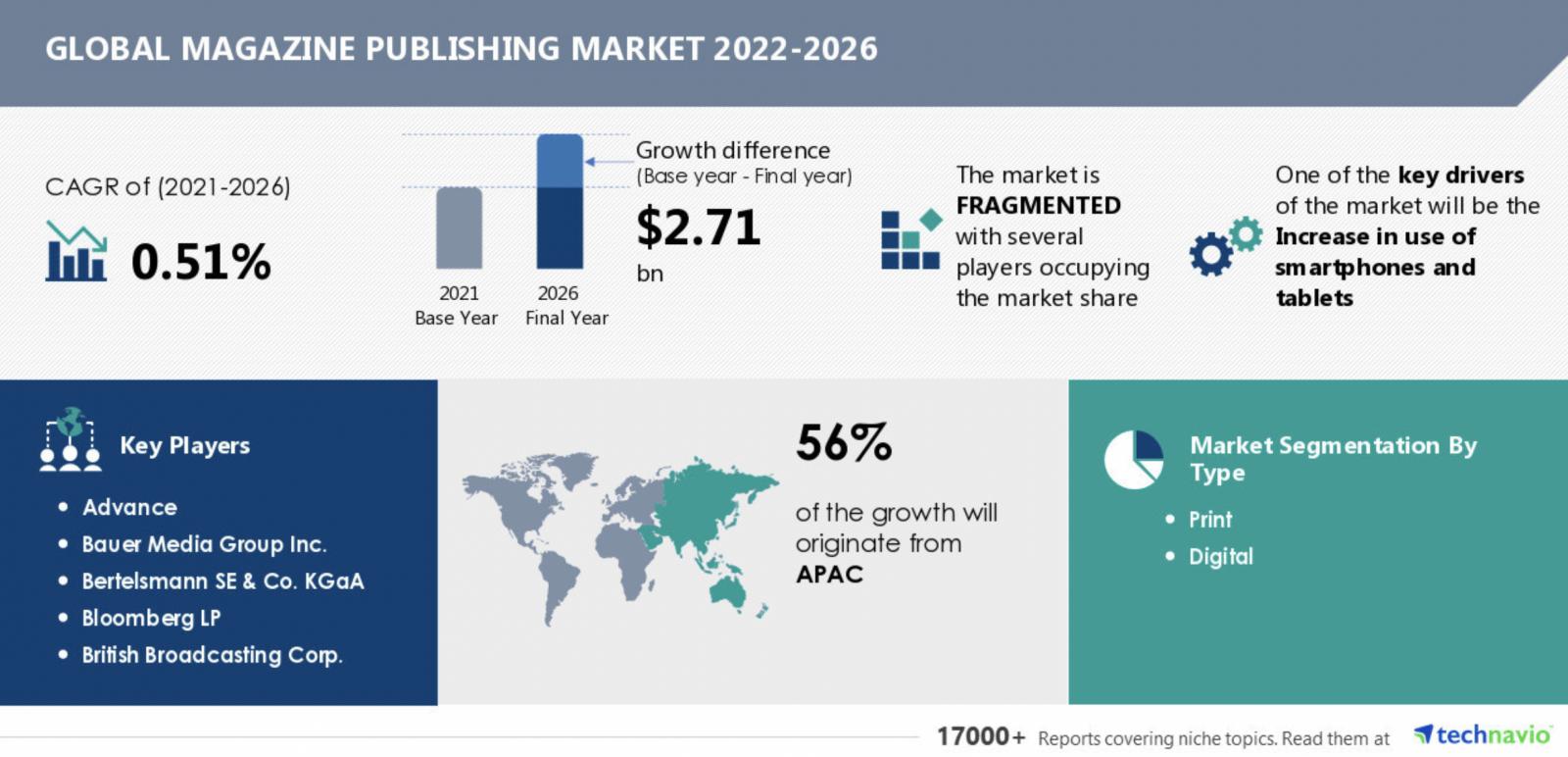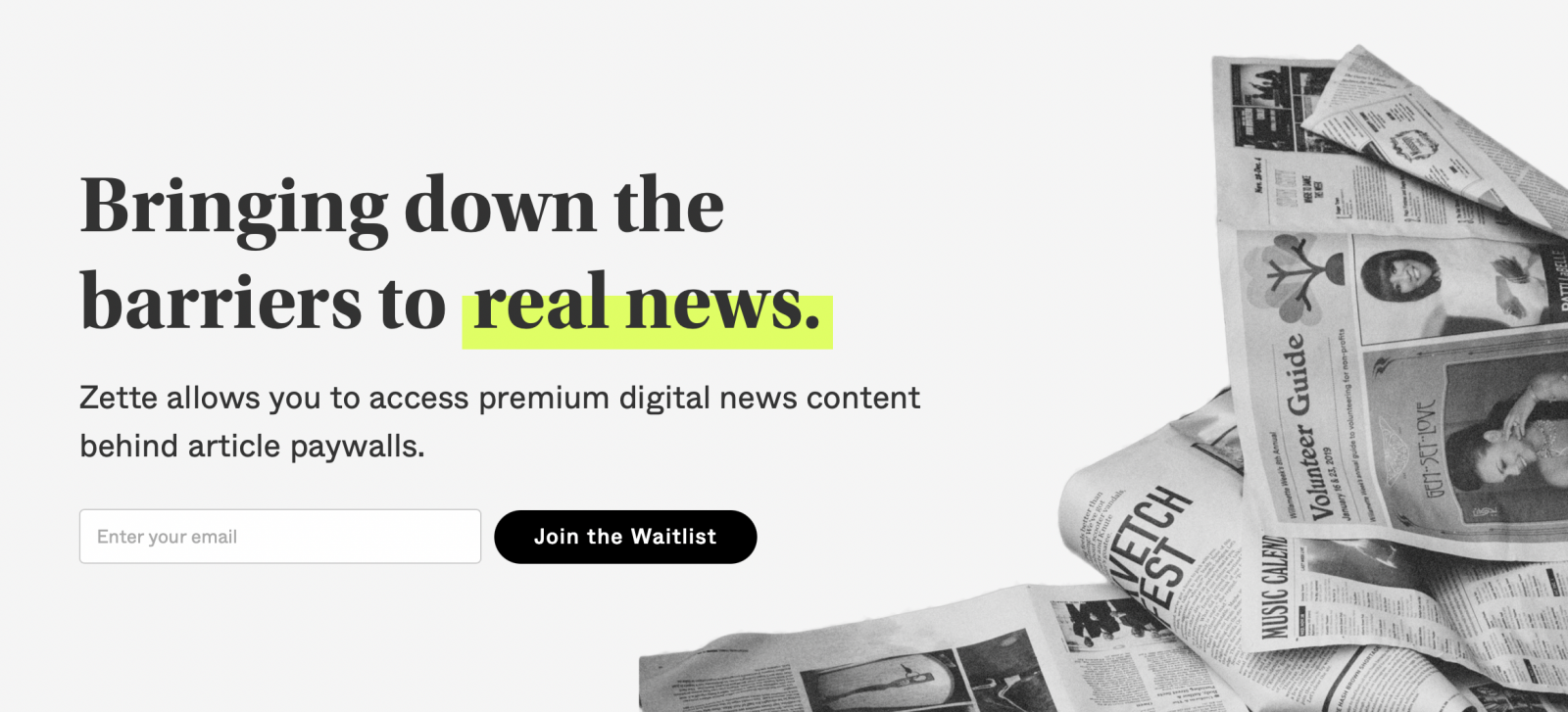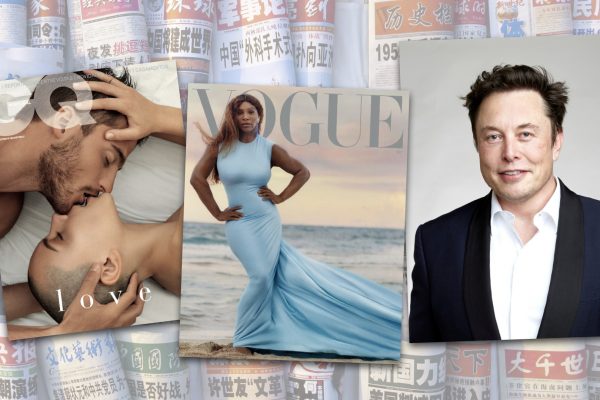The Media Weekly: GQ in Portugal, Serena in Vogue, and Elon in China, as magazines make the headlines
If you’re signed up to the weekly FIPP World newsletter (and it’s FREE… so why wouldn’t you be!?) then you’ll know that when it comes to the contemporary media spotlight, it’s magazine’s time to shine… This week we’ve got stories from GQ in Portugal, Serena in Vogue, Elon in China, and new data showing that magazine growth in APAC is currently the highest in the world ?
Rewriting culture, one page at a time
In an exclusive interview for FIPP, José Santana, Editor of GQ Portugal, talks to us about how men’s magazines have evolved over the years, and are using their influence to challenge traditional gender notions:
“GQ magazine has changed a lot, like man himself,” he tells FIPP Journalist, Pierre de Villiers. “In the magazine we fight for a man who is open and not afraid of his sexuality or that of others and, above all, we put a lot of emphasis on the respect that, as humans, we should have for one another.”
Meanwhile it was another cutting-edge week for Vogue, as Serena Williams took to the magazine to announce her retirement from tennis, in her own unique way:
“Believe me, I never wanted to have to choose between tennis and a family,” she says. “I don’t think it’s fair. If I were a guy, I wouldn’t be writing this because I’d be out there playing and winning while my wife was doing the physical labour of expanding our family. Maybe I’d be more of a Tom Brady if I had that opportunity.”

Progress does not always run in a straight line
Slightly more nuanced in its anthropological interpretation, is Elon Musk’s article for China Cyberspace, which has just been published. The magazine is the official publication of China’s internet regulator, which has infamously been responsible for increasing regulation and censorship in the country in recent years.
In it, the Tesla and SpaceX CEO praises the country’s innovation across renewable energy, electric vehicles, and battery technology, and calls upon “like-minded Chinese partners” to help him build a “future worth waiting for.”
Naturally, coming from someone so openly committed to free speech, and appearing in the mouthpiece of China’s state regulator, the article has come in for criticism from some quarters of the media, including this analysis in Fortune magazine:
“Musk is praising China at a time when many other Western CEOs are downplaying their presence in the country amid deepening tensions between China and the US Tech CEOs like Mark Zuckerberg spent years trying to break into the China market, only to pivot in recent years and warn of the threat posed by Beijing.”
“The Tesla CEO has styled himself as a champion of free speech amidst his—now suspended—plans to buy the social media platform Twitter, but writing for China’s internet regulator risks undercutting Musk’s free speech credentials.”
But of course, if you want to bring down Town Hall, you have to do it from the inside, and by the same coin you could argue that as such a staunch defender of free speech – and actually the first international writer ever to contribute to China Cyberspace magazine – Musk has played a blinder here in terms of opening up a dialogue, from within the country, about shared global values.

APAC magazines on the rise
Either way it’s fair to say that magazine media is currently on a charge across the wider region. New data from market research firm Technavio, shows that China and Japan are the key markets for magazine publishing in APAC, and is set to become faster than that of Europe and North America. Over the next four years, 56% of global magazine growth looks set to come from the region, with ‘maximum business opportunities to come from the print segment’.
The report says:
‘With the growing number of smartphone and tablet users globally, the demand for mobile applications is increasing, which is encouraging magazine publishers to create mobile applications to enhance consumer engagement. For instance, in September 2020, GQ France launched a brand-new app, which offers a new and improved digital experience for its subscribers. The app is launched in partnership with the Consumer Marketing team at the Conde Nast London Headquarters.’
‘Thus, with the increase in the use of smartphones and tablets, the launch of applications for magazines will also rise. This is expected to support the growth of the global magazine publishing market during the forecast period.’

And finally…
As reported here by Forbes, media tech Platform Zette has raised US$1.7m to provide access to paywalled articles. For $9.99 per month, subscribers can access up to thirty paywalled articles. In an exclusive interview for the magazine, former Forbes Reporter, Yehong Zhu, talks about how her own media consumption experiences led to the founding of the company in 2020:
“Having worked for years as a journalist, I remember how excited I was to receive my offer letter to write for Forbes. Working in a national newsroom felt like a dream come true. But in the newsroom, my eyes were quickly opened to the economic realities of the media industry, particularly when it came to monetizing digital content…”
“… I wanted to level the playing field by providing an alternative for readers to quickly and easily access legitimate journalism. As a lifelong reader, I also wanted to build a product that would provide easy access to high-quality content and unlock my own curiosity.”
Like periodical publishing? That’s the Media… Weekly!









